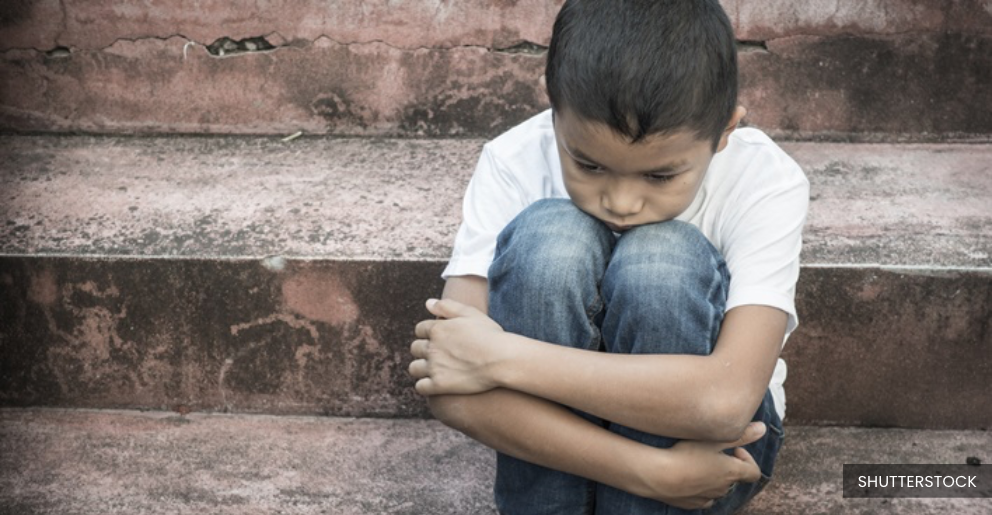SHAH ALAM, Oct 15 — A worrying 67 per cent of Malaysians or their family members have experienced bullying in the past year, including by teachers, according to a recent survey by market research firm Ipsos, highlighting its widespread nature and the urgent need for stronger anti-bullying measures.
According to the survey, conducted among 400 Malaysians under the age of 65, bullying primarily took place in schools, with 65 per cent of those bullied saying they experienced it there.
Meanwhile, 41 per cent of those who have experienced bullying said the incidents occurred at the workplace, followed by cyberbullying (35 per cent), domestic bullying (24 per cent), and public bullying (16 per cent).
"Bullying cases regularly ignite fierce public outcry across Malaysia's digital landscape, revealing the nation's deep collective empathy for victims. This passionate response is not surprising... these incidents strike painfully close to home for most citizens," the report said.
Ipsos found that Malaysians frequently discuss school and cyberbullying on social media, but workplace and domestic bullying are often underreported.
Despite the alarming number of people admitting to being bullied, most victims did not take any action. For instance, 72 per cent of school bullying victims chose to remain silent.
"There is also a significant number of workplace (49 per cent) and cyberbullying (34 per cent) victims who take no action. This reveals that the victims are mostly passive, and there is a need for more accessible support systems for the victims,” it said.
Rather than taking action, most victims seek informal help, like talking to family or friends (44 per cent) and reporting to parents (32 per cent), with only a few reporting it to schools, employers, or the police.
"Official resources like hotlines and counselling are rarely used," Ipsos said.

Teachers bully too
The survey found that among school bullying cases, 21 per cent of respondents said the perpetrators were teachers or school staff.
However, verbal bullying remained the most common form of school bullying at 58 per cent, followed by cyberbullying (33 per cent), social exclusion (29 per cent), and physical bullying (26 per cent).
"Cyberbullying and social exclusion are significant, showing how digital platforms reshape the problem. Physical bullying and even cases involving teachers or staff also exist, proving the issue cuts across settings,” it said.
On who should be primarily responsible for tackling bullying issues in Malaysia, the majority of respondents said schools (71 per cent), families (70 per cent), and the Education Ministry (66 per cent) should lead the fight.
However, other enforcement agencies and government bodies, including the police, are also expected to play a more crucial role, while the mainstream media received the lowest expectation at 43 per cent.
"To build a bullying-free environment, Malaysia should encourage open discussions to help the public recognise signs of bullying and learn effective ways to address it.
"Tackling bullying is not just a social responsibility; it is vital for Malaysia's social solidarity and future development," Ipsos said.



